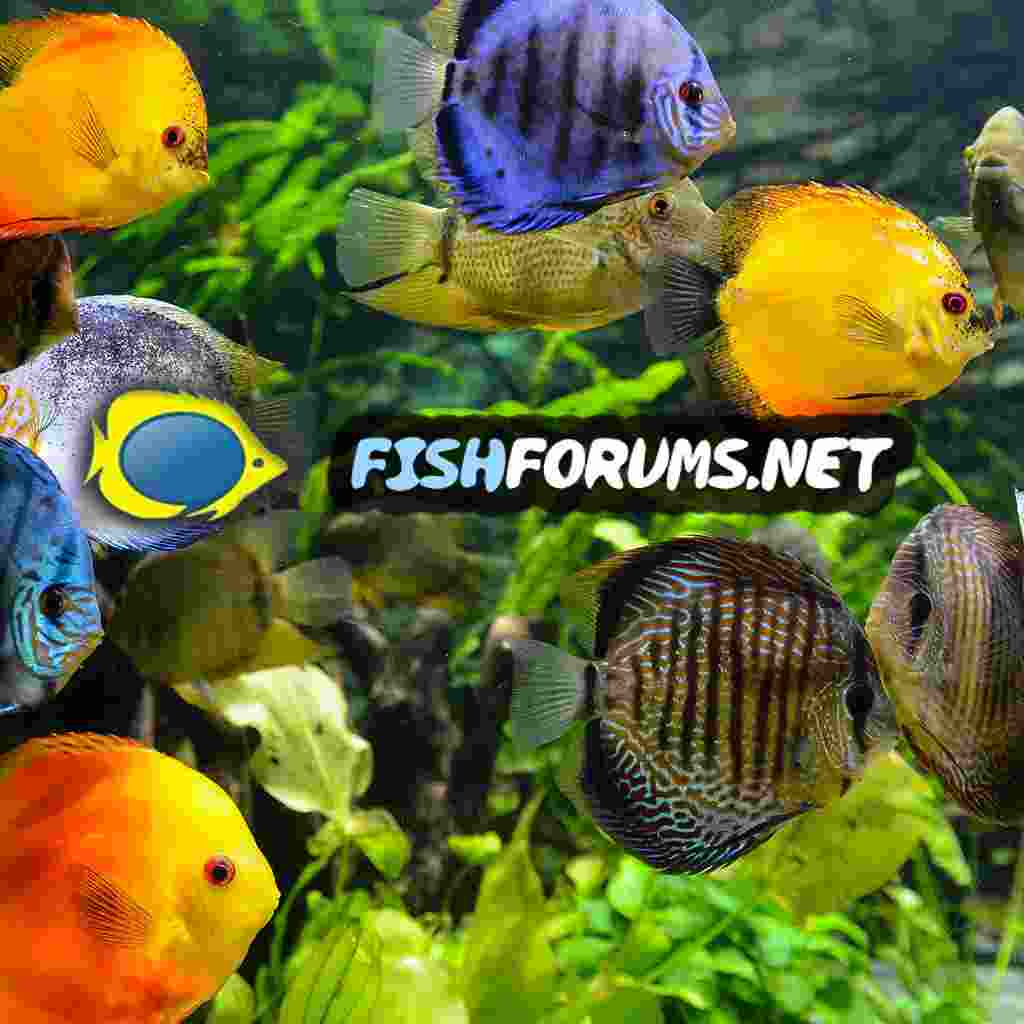confused_aquarist
Fish Fanatic
So this is going to be another one in my continual series of newbie questions.
My fish are spitting out flakes (all of them), they've been doing it for months on end.
I feed my fish at morning and at night, and at first they have big appetite, but once done eating a few they would all start spitting.
This happens a lot more often in the morning, and some would even refuse to eat altogether. They eat a lot more at night.
I don't think this is due to overfeeding because when I feed them bbs after the flakes they would all start eating again and they eat as much as I feed.
These are killifish, they're omnivorous and would accept carnivore flakes, veggie flakes, algae just that they spit them out after eating some. Which forces me to feed bbs daily.
Females (all 14 of them) are always plump with eggs, the only alpha male at the moment (~9mo old) is neither skinny nor fat, just as average as a fish can get.
Are they considered somewhat anorexic? I'm wondering if this had to do with a protozoan breakout I had a few months back.
The fry, which are raised in another tank, never spit out any of the flakes, so it's very strange.
My fish are spitting out flakes (all of them), they've been doing it for months on end.
I feed my fish at morning and at night, and at first they have big appetite, but once done eating a few they would all start spitting.
This happens a lot more often in the morning, and some would even refuse to eat altogether. They eat a lot more at night.
I don't think this is due to overfeeding because when I feed them bbs after the flakes they would all start eating again and they eat as much as I feed.
These are killifish, they're omnivorous and would accept carnivore flakes, veggie flakes, algae just that they spit them out after eating some. Which forces me to feed bbs daily.
Females (all 14 of them) are always plump with eggs, the only alpha male at the moment (~9mo old) is neither skinny nor fat, just as average as a fish can get.
Are they considered somewhat anorexic? I'm wondering if this had to do with a protozoan breakout I had a few months back.
The fry, which are raised in another tank, never spit out any of the flakes, so it's very strange.


